
What is computer science?
Computers are a part of every aspect of modern life. From shopping to playing games and exercising, there is now an app for pretty much everything. All those systems were created by computer science graduates. Whether you want to work for a big corporation managing networks and designing software or become the next billionaire tech entrepreneur, a computer science degree will open up a world of possibilities.
Computer scientists understand the underlying principles of programming and algorithms and use them to design software, systems and networks to meet the needs of clients and the public. It is a fast-moving, highly specialised field and there is a constant, high demand for talented computer science graduates. Job satisfaction in the field is high, as are starting salaries, so if you like solving problems and have a talent for mathematics and logical thinking, a degree in computer science could be the start of a rewarding career.
Explore top universities where you can study computer science
What do you learn in a computer science degree?
Computer science degrees are structured in an incremental way, starting by giving students an overview of the basic principles. In your first year you might take modules in areas like computational theory, pattern recognition, systems and network theory or machine learning. There is also likely to be some teaching about where modern computer science fits into society, either the history of the discipline, or a module on business or enterprise in the context of computer science. Many courses also involve working with other students in teams to deliver a project, some universities use their partners in industry and business at this stage so you could be designing for a real world client.
As the course progresses, you will learn a mix of specialist and transferable skills to make you an attractive prospect to future employers. Examples of more advanced modules might be data structures, patterns and signals, complexity theory, or software product engineering.
Towards the end of the degree programme many universities ask students to apply what they have learned in the form of a final project. This runs alongside specialised learning in areas of your choice and many universities take the opportunity to pair final year computer science students with industry partners and researchers. There are also opportunities for professional internships and work with industry mentors in the final year.
What should I study at high school if I want to study computer science?
If you want to study computer science at university you must be creative, diligent and strong in maths. Most universities look for top marks in subjects like IT, computing, physics or further maths from applicants. Many people will have some experience in the field before they apply to university and this looks good on applications.
Perhaps you’ve created some simple programs in BASIC at home or maybe you’ve worked on a mod for one of your favourite games. There are many resources out there for bedroom coders and if you’re thinking of applying to study a computer science degree it is a good idea to have a go first. Other skills admissions boards look for are problem solving, logical thinking, attention to detail, the ability to cope with deadline pressure and teamwork.
Student experience of studying computer science
Women in STEM: stories from MIT students
Studying at POSTECH, South Korea
Caltech: ‘uniquely difficult but a wonderful place to study’
Keeping up with coding
Women in STEM: ‘I hope that one day the tech sector will be more diverse’
What do people who study computer science do after graduation?
Almost all businesses rely on computers to function and larger companies have their own in-house IT specialists. You could find yourself working in the IT department of major financial services, healthcare, manufacturing, aerospace, defence or governmental organisations. Many graduates go on to set up their own businesses, it could be a software development house making the next great app or a games studio working on the next AAA title. You could also find work with a dedicated IT consultancy firm or an IT service provider; top graduates go on to work for big names like Google, Cisco and IBM.
A talent in computer science can lead to unexpected places; top banks and financial services companies often pay their computer experts six figure salaries to write code that keeps them trading one step ahead of their rivals. National intelligence agencies are always on the lookout for the brightest graduates to help them counter threats from cybercrime and terrorism. Computers are so ubiquitous in the modern world that the demand for graduates with the skills to understand systems and create software will only continue to grow.
More subject guides
What can you do with a mathematics degree?
What can you do with a business and management degree?
What can you do with an architecture degree?
What can you do with a physics degree?
What can you do with an economics degree?
What can you do with an accounting degree?
What can you do with a general engineering degree?
Which famous people studied computer science?
Facebook creator Mark Zuckerberg or Google CEO Larry Page immediately spring to mind but you might be surprised at the other famous names that have studied computer science degrees.
Jimmy Fallon – US comedian and former host of the TV show Saturday Night Live – studied computer science in New York before switching majors in his final year (he couldn’t do the maths). Actor Liam Neeson, famous for his roles in Taken and Star Wars also studied computer science in Belfast before becoming the world’s toughest action hero.









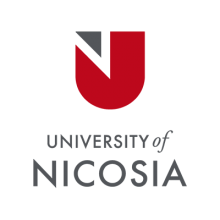

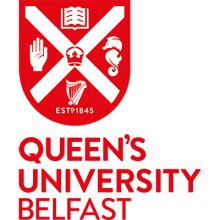



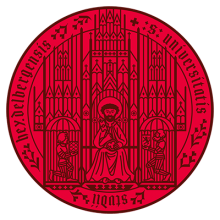
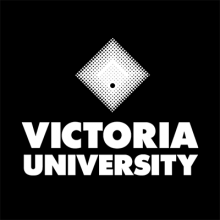


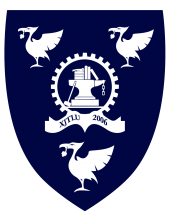
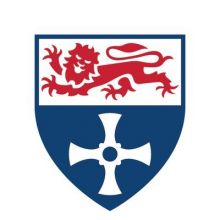

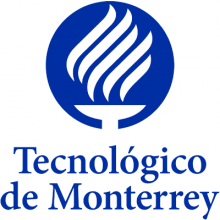
Have your say